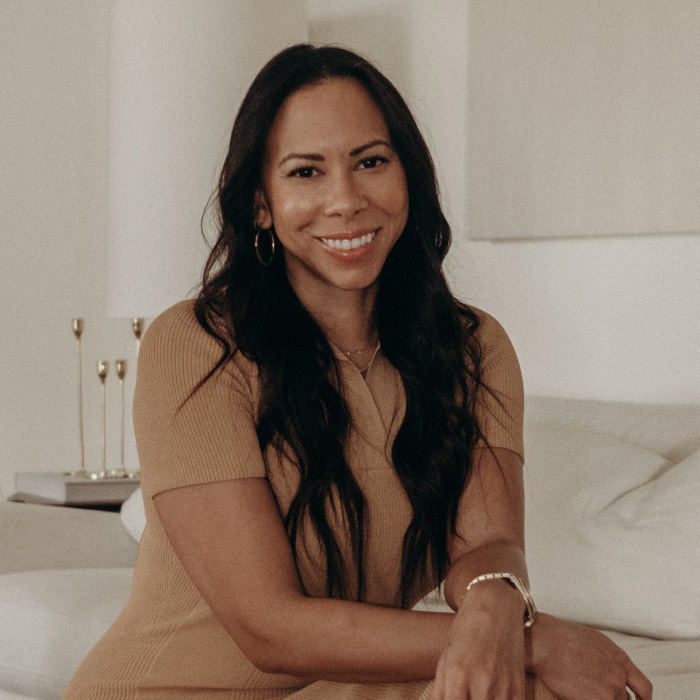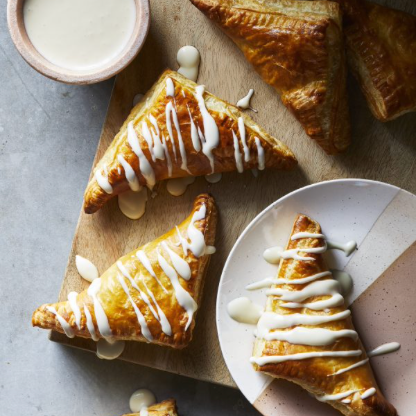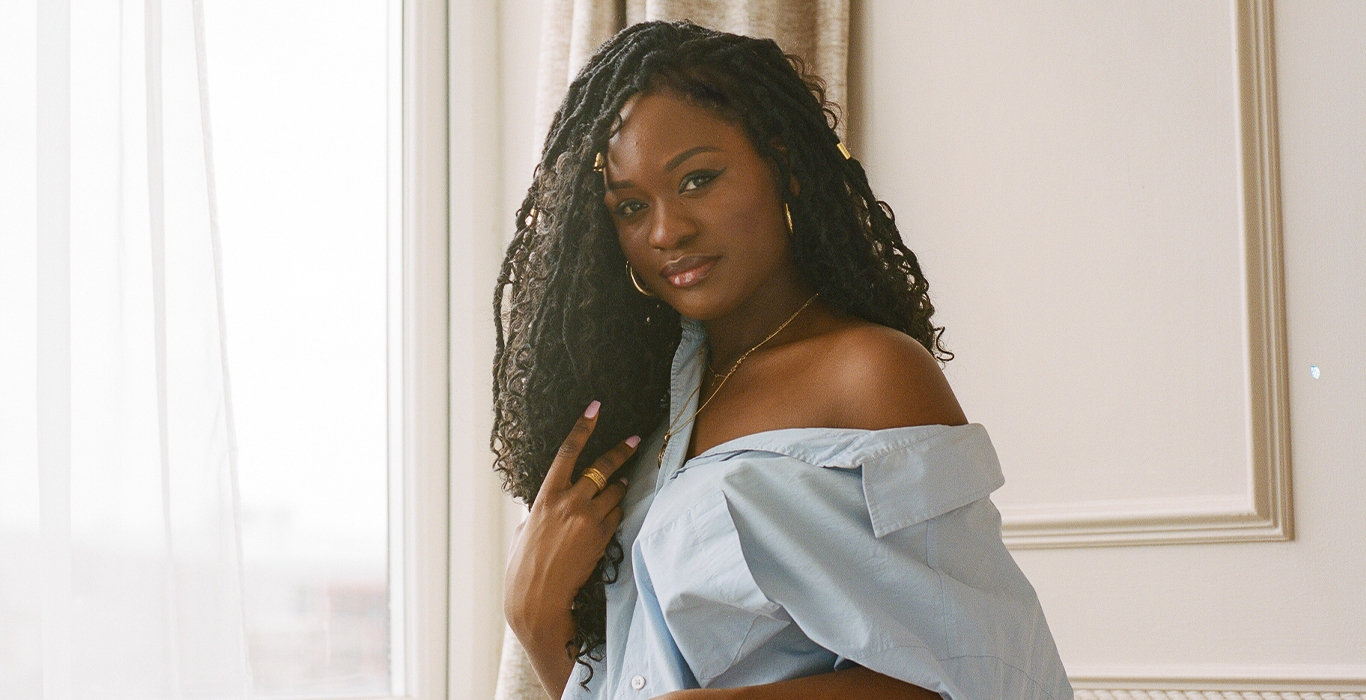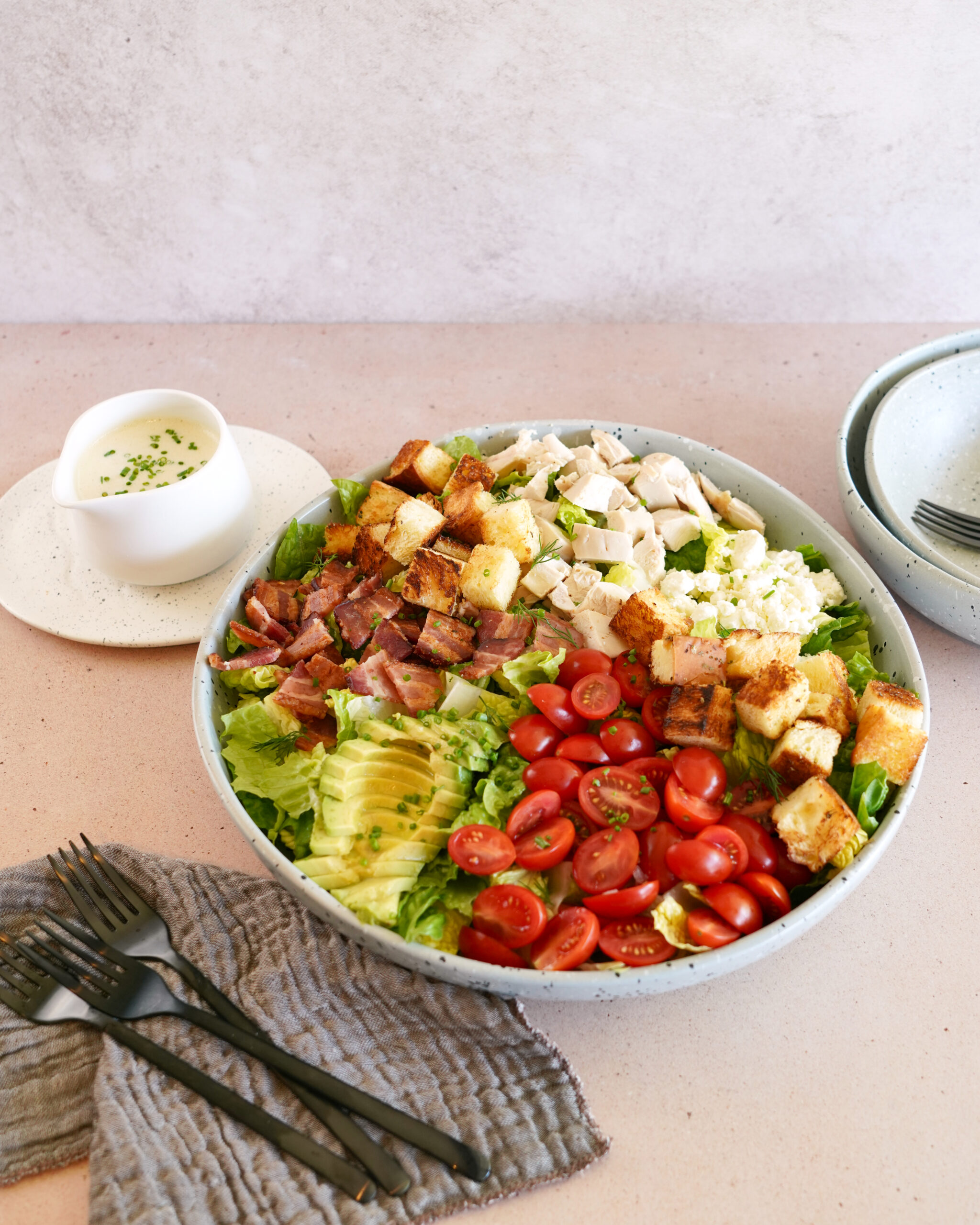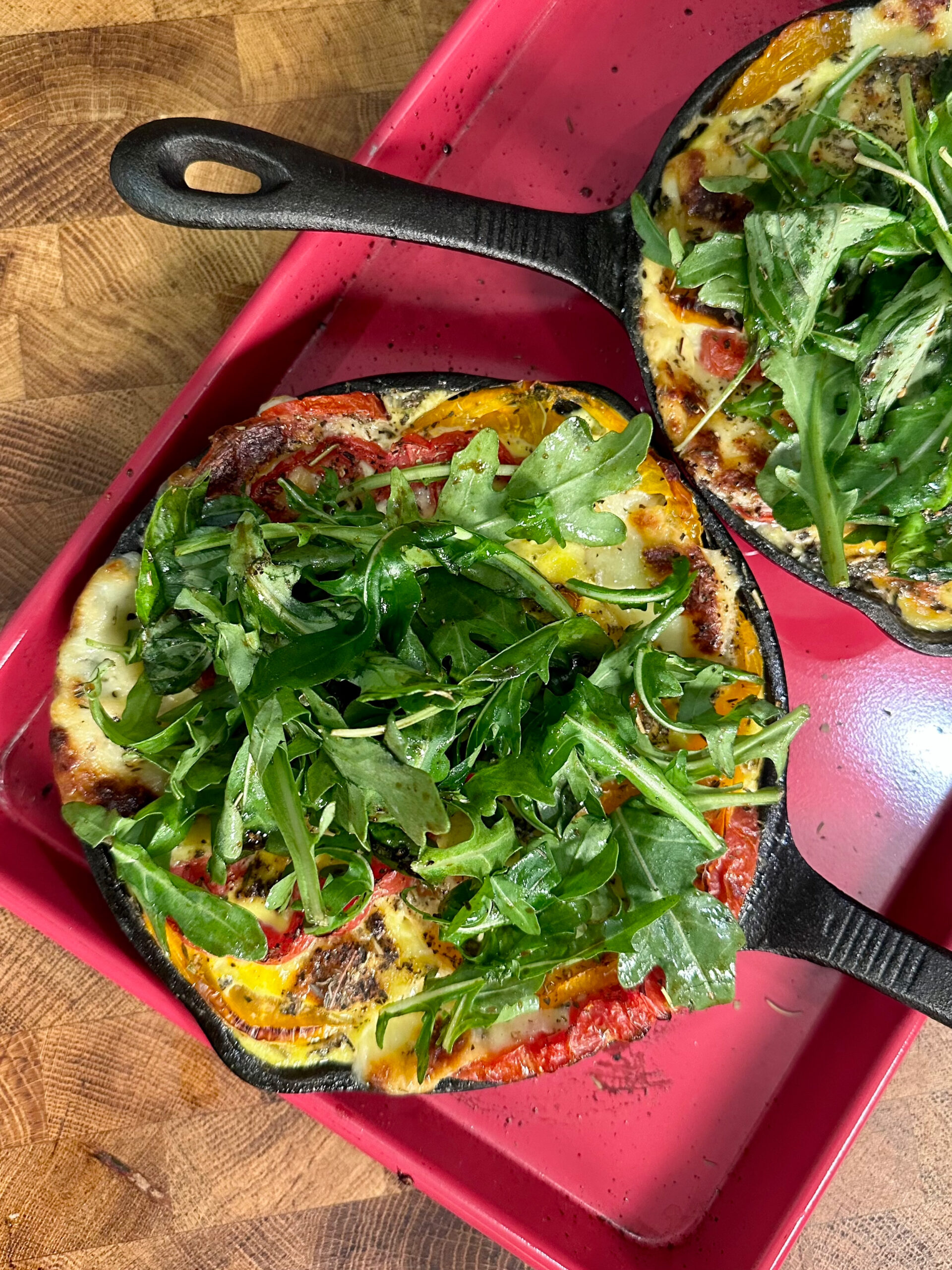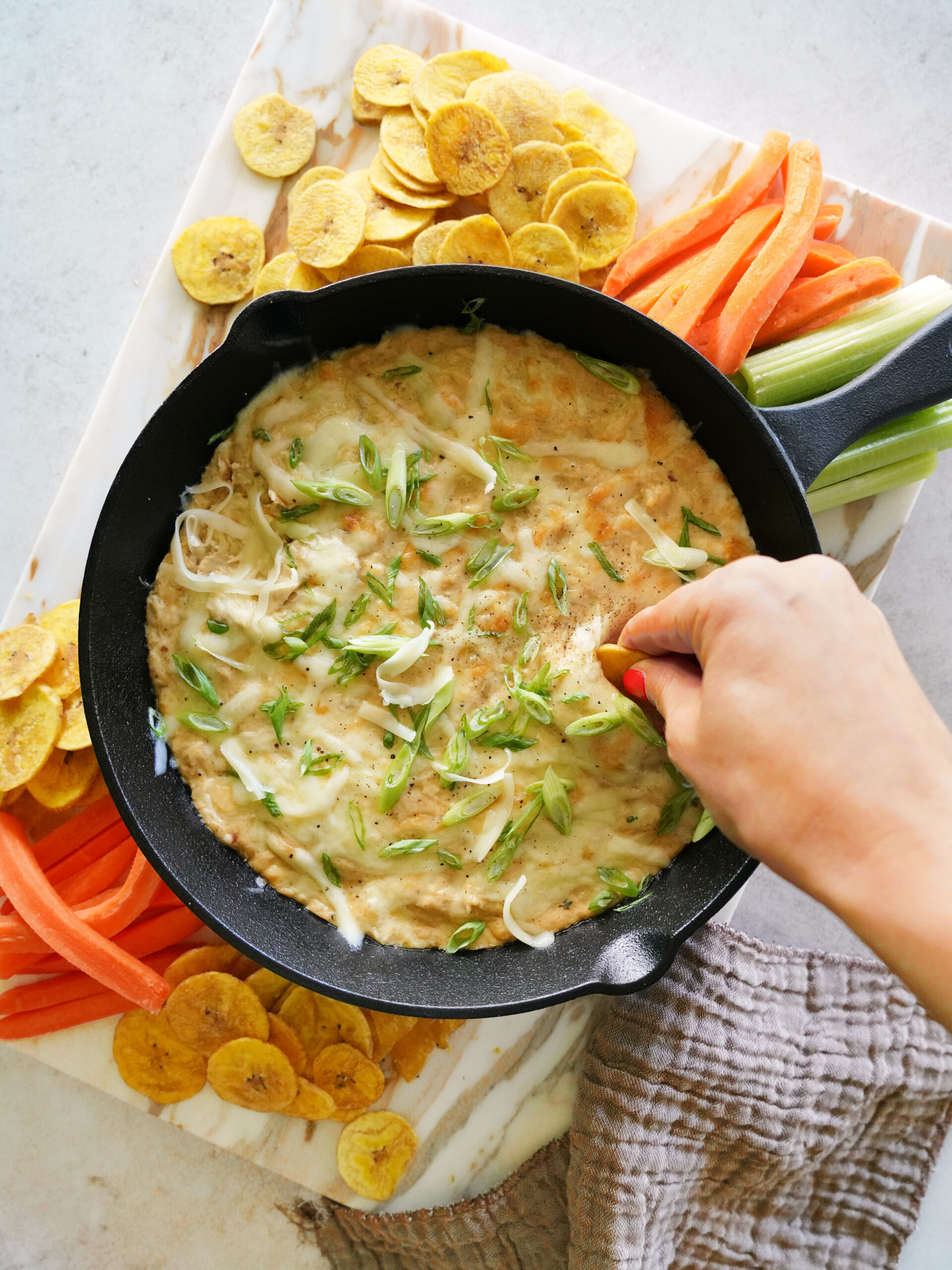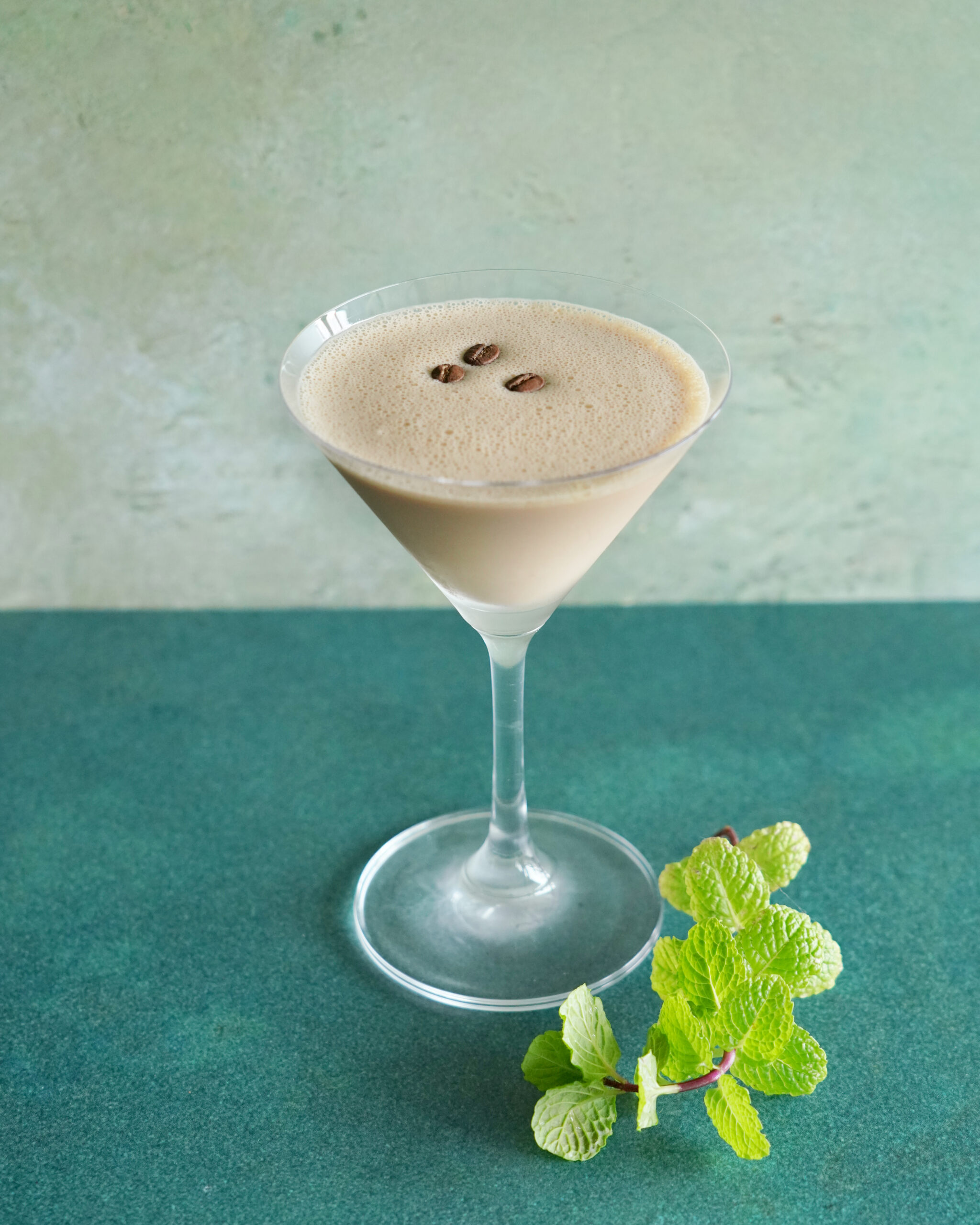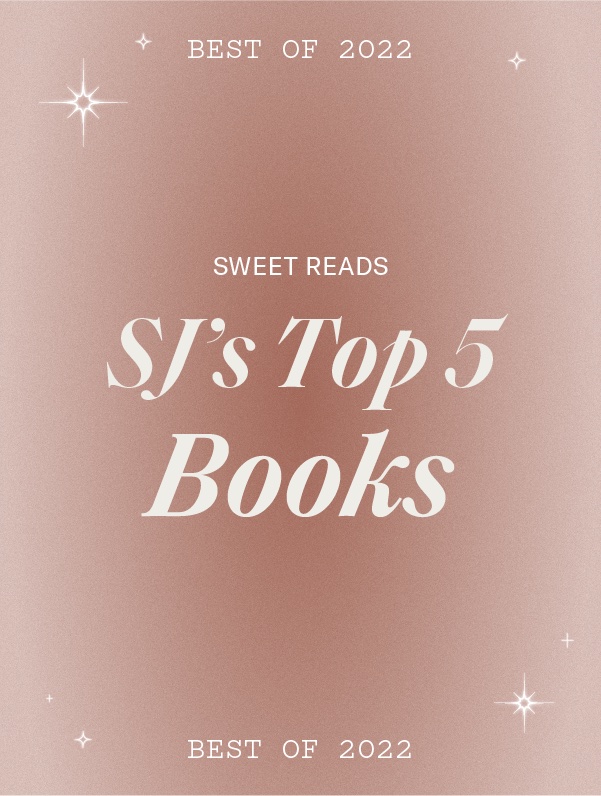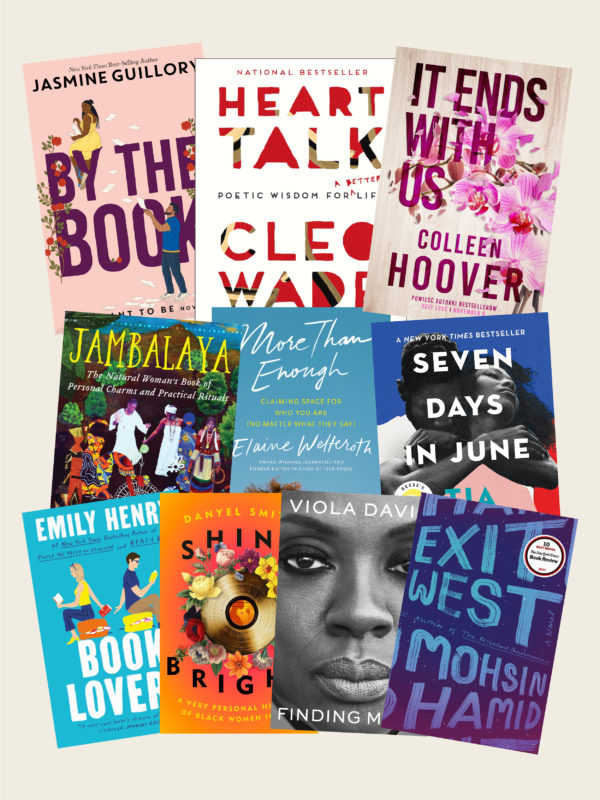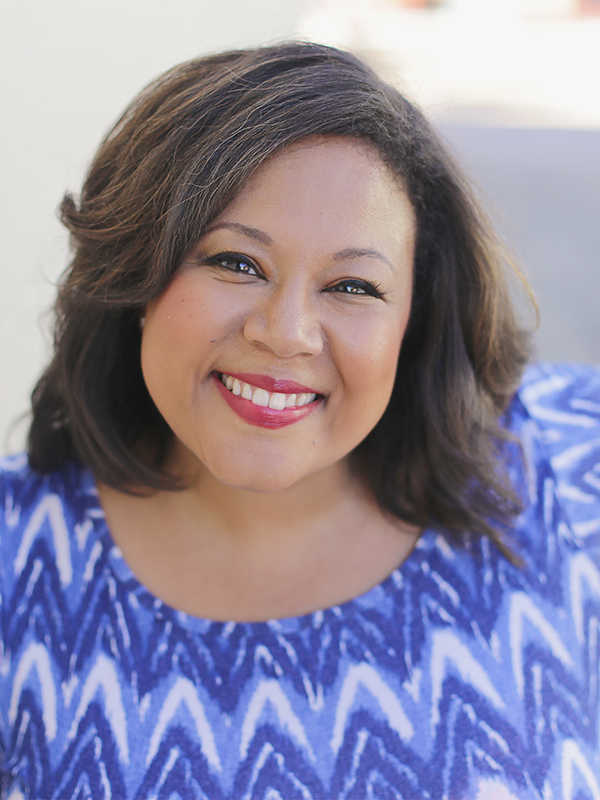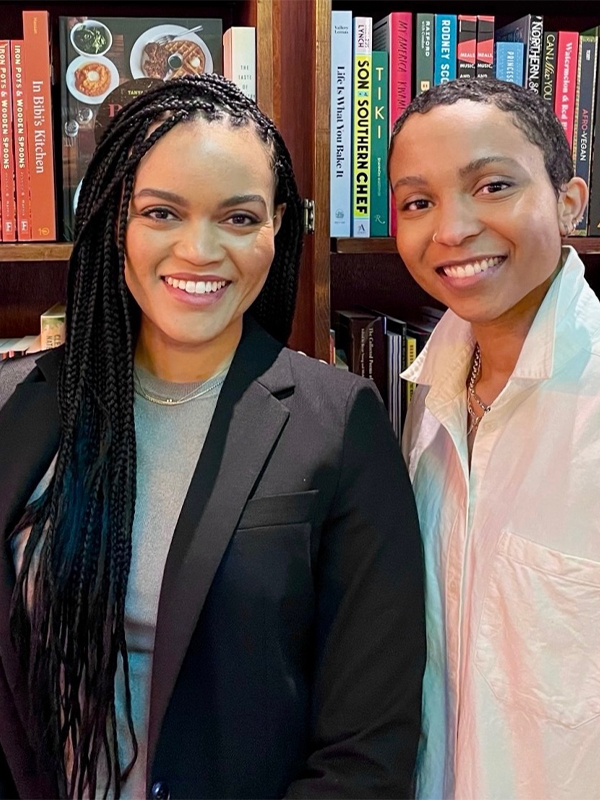“Sorry love, I’m running 15 minutes late!” Bolu Babalola texts me at exactly 11:30 a.m., our planned meeting time.
While waiting, I sip my chai latte and settle into the leather couch at the cozy East London coffee shop, thumbing through the pages of Babalola’s new book Honey and Spice, re-exploring the sweet love that grows between college sophomores Kiki and Malakai. Exactly 15 minutes later, Babalola walks through the doors wearing faux locs piled high, a rose gold Teflar bag and 90s-style jeans.
“I hate being late, so I’m always on time even when I’m not,” says Babalola with a laugh.
It’s clear that Babalola exudes a breezy friendliness and confidence that make her seem as effortlessly cool as the characters she creates in her books and in her Channel 4 British comedy Big Age. And, like her characters, she exudes self-love. This isn’t the self-love often mistaken for something that materialism and success can bring. With Babalola, it’s the real thing, unmistakably shining when she speaks—especially about her craft, her community and her interests.
“I love myself so much more than I can love any man, I think,” she tells Sweet July. “It takes a lot of reinforcement because you can love yourself, but that love can go away. It can be corroded by the world and the things you go through.”
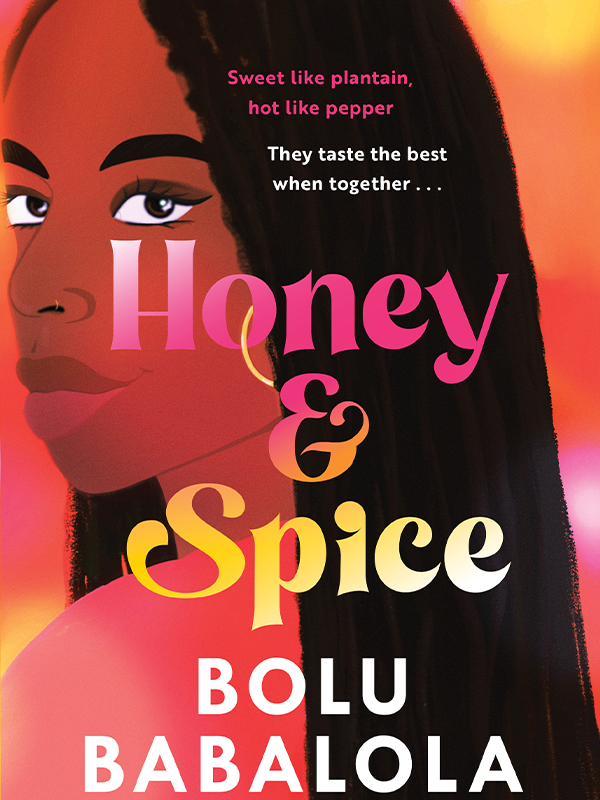
Destined for the same acclaim as her international hit Love in Color, Babalola’s second book Honey and Spice, which releases on July 5, is a lovely romance. Readers are immediately invested in Kiki, Malakai and the fake relationship that ultimately brings them together. The romance is a slow burn, filled with mutual respect and adoration. Surrounding them is the Black British world—something Babalola writes often about—reflecting race and gender dynamics as well as portraying diverse examples of Nigerian British life, including dialogue in Yoruba.
Drinking lattes and snacking on Haribo fried egg gummies, I spoke with Babalola about campus novels, the heart chambers of British Blackness, and the beauty of someone loving you in the purest form.
What about the form of the campus novel intrigues you?
I really wanted to write a high school romance without writing a high school romance. It’s so joyful. I love the heightened emotions of it all. As a Black girl growing up in my group, I just loved the looseness to the humor and the ease we had around each other. I love the microcosm of the universe that you can create in that kind of setting. It’s a great sense of community and almost like a new jurisdiction, separate from the outside world.
I feel like that joy and community is something we miss in adulthood.
I feel like adulthood could have that joy and possibility, but we forget it. That’s why I was so excited about To All The Boys. It captured everything about that hope and happiness. We get more clarity as we get older. But we often forget the light and let the darkness of the world obscure the light. I see romances, in general, as a reminder of that light. And I think high school romances do it really well.
I know you’re a fan of Sally Rooney. I love her romances because of this. They capture a longing we all have for permanence in relationships that high school and campus novels like Honey and Spice capture. What defines permanence better than someone who loved you in your formative years, and that love persisting?
And it’s also a very rare kind of thing. My parents met in adolescence, but I didn’t meet my soulmate when I was 12. It is the dream. Because it’s someone loving you in your purest, rawest form. And as a writer, that’s very fun for me. I’ll be exploring Kiki and Malakai’s relationship throughout the years—separations, coming back together, the mess of life interceding through all that. It’s not really a spoiler because it’s a romance, but we’ll be seeing how their love survives and the many forms it takes as they grow up.
I love your writing on the Black British experience. You describe it so well.
It’s all I know. It’s like when you’re out and the rapper Giggs’ “Look What the Cat Dragged In” comes on, and the whole room erupts. I was at this party with all these Black creatives and Giggs was actually there. And “Look What the Cat Dragged In” came on and we all just burst into unison, rapping the lyrics. It was this sense of… soaring. There’s a community we find in each other, even with our very different cultures.
Like different heart chambers of Blackness.
Exactly. I’m Nigerian. So I have that part of me. And I have the Nigerian British part of me, but also, there’s a Black British experience that encompasses so many different cultures and people. It’s just so beautiful. We survive with humor and love.
One thing I enjoyed in Honey and Spice was how you used language to describe physical sensations. There was a love scene where you wrote “their mouths married” and it struck me.
I love words. I love the alchemy that words allow me. It’s like my playground. In the last scene, Kiki and Malakai are back together and kissing. He smiles and she says his “face was like the first stretch of sunlight in spring.” When I wrote that, I remembered the feeling of it being brisk and chilly outside. But suddenly, you feel the sun fall on you and rest on your neck. And it’s so delicious. So I was thinking that when she’s looking at this beautiful boy she adores and he’s smiling at her. That’s how her heart feels.
This interview has been edited and condensed for clarity.



